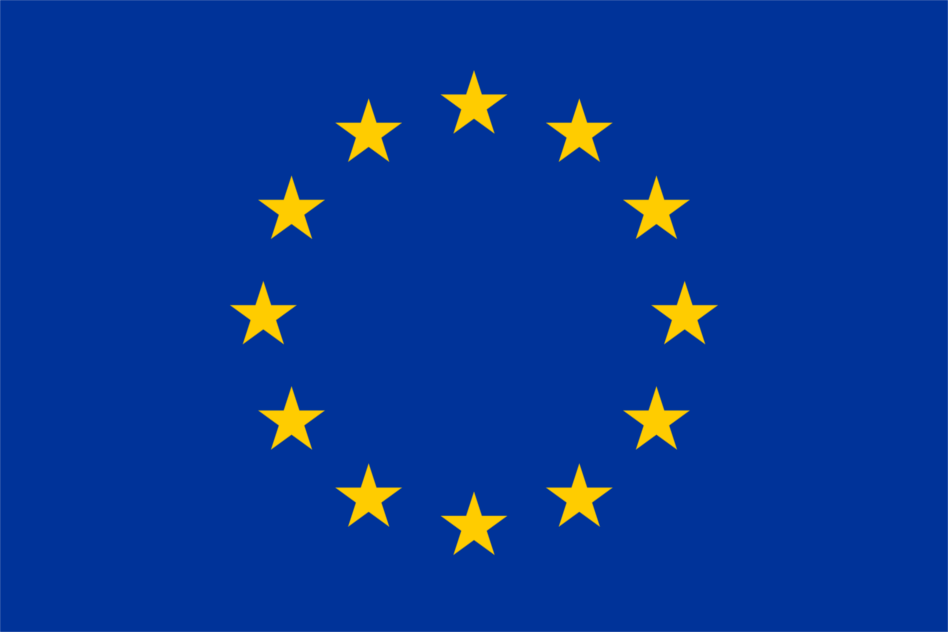 While there was some discussion in the EU about possible lifting of some or all of the sanctions against Russia earlier this summer, the US Government is continuing to expand its sanctions against Russia that it commenced in March 2014 in response to Russia’s alleged involvement in the Crimean region of Ukraine.
While there was some discussion in the EU about possible lifting of some or all of the sanctions against Russia earlier this summer, the US Government is continuing to expand its sanctions against Russia that it commenced in March 2014 in response to Russia’s alleged involvement in the Crimean region of Ukraine.
By Megan Gajewski Barnhill, 27 September 2016
The latest developments include the designation by the US Department of the Treasury, Office of Foreign Assets Control (OFAC) of 133 persons and entities under its Russia sanctions program. Of those designations, 17 individuals and 20 entities were added to OFAC’s List of Specially Designated Nationals and Blocked Persons (SDN List), whose assets are blocked and with which US persons are generally prohibited from dealing. OFAC also revised the information (adding new name, address and company information) for Bank Rossiya, an entity already designated on the SDN List.
OFAC also added 96 entities to the Sectoral Sanctions Identifications List (SSIL). Not all types of dealings with these parties are restricted. The restrictions that apply depend on the directive pursuant to which the person or entity is designated and include limits on the extension of credit, limits on equity investments, and bans on the provision of goods, technology and services.
The restrictions that apply to these newly designated entities apply to the listed parties, as well as any entities owned 50% or more by one or more of the listed parties (even if such entities are not themselves listed). Hence, ensuring compliance involves more than checking to see if a party is listed and can include additional due diligence to confirm the ownership structure of that party (and potentially the ownership structure of one or more parent companies).
The US Department of Commerce, Bureau of Industry and Security (BIS) also joined in on the expansion of US restrictions against Russia, adding 81 entities and 86 entries to its Entity List, including 7 entries in the Crimea region of Ukraine, 2 entries in Hong Kong, 2 entries in India, and 75 entries in Russia. The export, re-export or retransfer of an item to a party on the Entity List can trigger US licensing requirements under US export regulations. This is relevant for EU companies as well when they are exporting items containing more than de minimis US-controlled content to a listed entity.
These new designations indicate that the United States is not yet ready to roll back its sanctions against Russia. Companies who engage in business with parties located in Russia or owned by Russian parties should consider how they may be affected by these new designations. Even if an EU entity is not itself subject to the restrictions under US sanctions, banks may refuse to process transactions involving a designated entity. Hence, additional due diligence may be warranted for Russian-related business activities to identify early in a transaction (before it impacts the business) whether any parties are subject to restrictions.
- 90-Day Wind Down Period Expires; First Wave of US Secondary Sanctions Against Iran Re-Imposed - August 21, 2018
- Export Control Considerations: Beyond the Authorization - December 8, 2017
- Trump Administration Unveils Strategy on Iran - October 19, 2017





